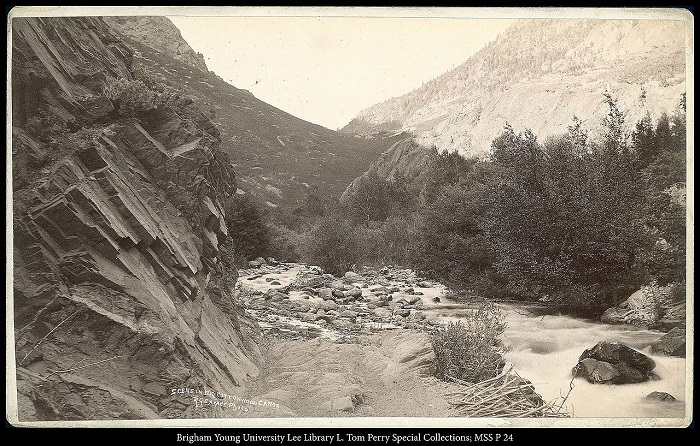
Traffic congestion in Big and Little Cottonwood Canyons is and has been a problem for many years. In the winter, weekend traffic up the canyons to any of the four ski resorts is immense. The canyons are accessed everyday by sightseers, hikers, climbers, hunters, photographers and countless other enthusiasts. A bill which plans to reduce that congestion by placing a toll on the two canyon roads, made it out of the Senate Transportation, Public Utilities, Energy, and Technology Committee on the 24th of January. That means it still must be voted on by the Senate, The House of Representatives, and be Signed or allowed to become law by the Governor. The bill has a long way to go before becoming law but even at this early stage it is stirring up mixed emotions from the public.
The general description of S.B.71, or Senate Bill 71, states that the bill “modifies provisions related to the imposition and collections of tolls on certain roads.” The “certain roads” that will be up for consideration first are the roads leading up Big and Little Cottonwood Canyons. Existing law already allows for the implementation of toll roads in Utah. There is currently one toll road and one toll system in place. The Adams Avenue Parkway in Ogden and the Express Lanes located on I-15 between Layton and Spanish Fork. This bill simply modifies the current laws. A large percentage of the bills text pertains to the implementation of new technology that would allow cameras to capture the license plate of a vehicle, allowing the Department of Transportation to then mail the vehicles registered owner a bill for the tolls. However, a key issue with this bill is how it will limit access to public land.
Paying for access may dissuade some from driving up the canyons or encourage them to carpool or take public transportation. But there is more to it then that. Having to pay a toll to access public land that we as citizens of this country own can seem unjustifiable. Currently, the Federal Government maintains and regulates public land in the United States. That helps ensure their protection from the interests of the state. A portion of the money we pay in taxes goes to the governmental agencies that then will use the money to maintain the land. The current Presidential administration is doing everything it can to sell off our public lands, lease public land for mining and resource extraction, and restrict access to some of our countries most beautiful places. Because of this we need to consider the implications of how a toll on a public lands access road will inhibit the public’s ability to access their land.

